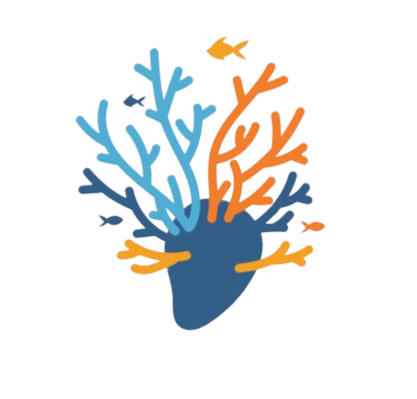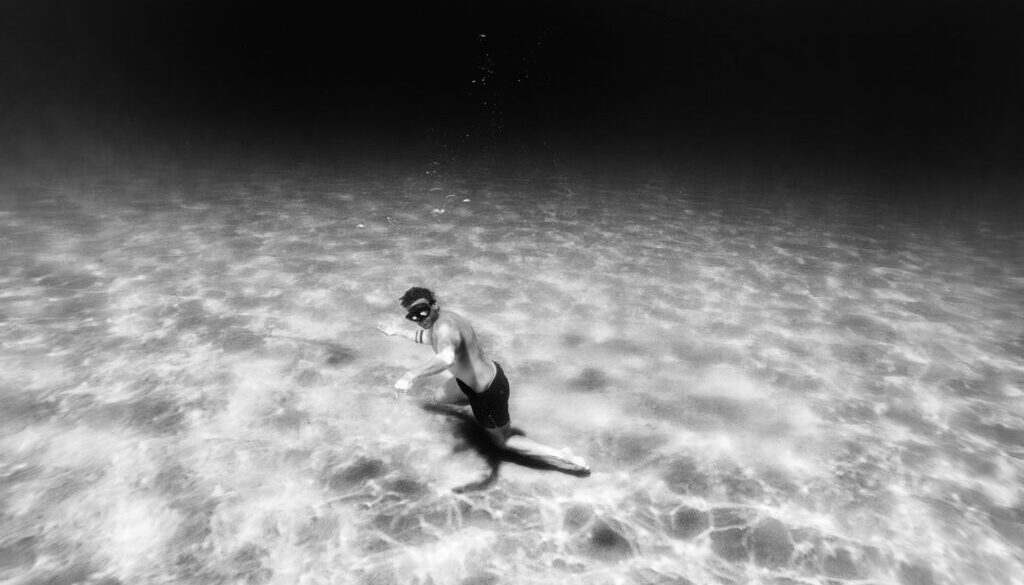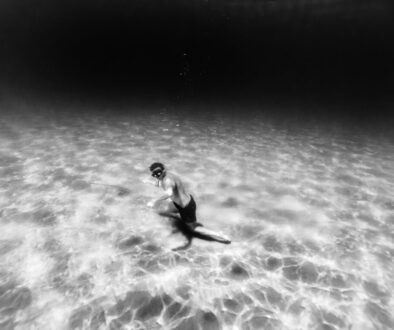Giants of the Deep: The Majesty of Freediving with Whales
Freediving with whales represents one of the most profound and awe-inspiring experiences an adventurer can have. Imagine gliding silently through the ocean’s expanse, sharing the water with creatures so majestic and enormous that they dwarf even the largest human ambitions. This encounter is not just about the thrill; it’s about connection and respect, a rare opportunity to interact with these magnificent marine mammals in their natural habitat. In this comprehensive guide, we explore what it takes to freedive with whales, where to go for the best experiences, and how to do so responsibly and ethically.
Understanding Whales
Before delving into the depths to meet these giants, it’s crucial to understand who they are. Whales belong to the order Cetacea, which includes the largest marine mammals on the planet. The most commonly encountered species during freediving excursions include the curious and gentle humpback whale, the elusive minke whales, and sometimes the awe-inspiring blue whales. Each species has distinct behaviors and habitats, making every freedive encounter unique.
Preparing for a Freedive with Whales
Freediving with whales requires more than just basic freediving skills. It requires a deep respect for marine life and a strong commitment to preserving their natural environment.
Physical and Mental Preparation
Successful interactions start with thorough preparation. Physically, freedivers must be able to hold their breath for significant periods and dive to depths that allow close encounters without disturbing the whales. Mentally, divers must prepare to be in the water with creatures that are incredibly large and powerful yet also capable of gentle and curious behavior.
Equipment Checklist
While freediving equipment is minimalistic, ensuring you have the right gear is essential:
- Freediving Fins: Long fins that provide efficient propulsion.
- Low-Volume Mask: Enhances visibility and reduces air volume needs.
- Snorkel: Useful for breathing at the surface before dives.
- Wetsuit: For thermal protection and buoyancy.
- Weight Belt: Helps in achieving neutral buoyancy.
- Dive Watch or Computer: To monitor dive time and depth.
Best Destinations for Freediving with Whales
Certain destinations around the globe are renowned for their whale encounters. Here are a few top spots:
- Tonga: One of the few places in the world where you can swim with humpback whales. The waters around these islands become home to humpbacks from July to October.
- Dominica: Known for sightings of sperm whales, especially from November to March.
- Sri Lanka: Offers opportunities to see blue whales, particularly from January to April.
- Norway: Known for orca sightings during the herring season in the winter months.
Each location offers a different experience depending on the species present and the time of year.
Ethical Considerations
Interacting with wildlife, particularly species as vulnerable as whales, comes with significant responsibility. Adhering to local regulations and guidelines is crucial to ensure that your presence does not harm the animals. Most regions with whale freediving opportunities have strict guidelines about how close you can get to the animals, how many divers can be in the water at once, and what behavior is acceptable.
Safety Measures
Safety is paramount, not just for the divers but also for the whales. Maintaining a respectful distance and avoiding sudden movements ensures a safe experience for everyone involved. It’s also important to be aware of the whales’ behavior at all times. If a whale becomes agitated or appears stressed, divers should slowly and calmly exit the water.
The Freediving Experience with Whales
Freediving with whales allows for a type of interaction that scuba diving cannot match. Without the noise and bubbles of scuba gear, freedivers often find that whales are more curious and willing to approach. The silence under the water helps maintain a calm and serene environment, both for the divers and the whales.
Conservation Impact
By participating in ethical freediving experiences, divers can contribute to the conservation of whales. Many tour operators participate in research and conservation efforts, and by choosing responsible providers, divers help fund important work to protect marine environments.
Conclusion
Freediving with whales is an unforgettable experience that connects us with the natural world in a profound way. It requires careful preparation, respect for the marine environment, and adherence to ethical standards. For those willing to embrace these principles, the reward is a powerful, once-in-a-lifetime encounter that leaves a lasting impact on the heart and mind. As we explore the depths alongside these gentle giants, we are reminded of the beauty and fragility of the ocean and its inhabitants.


